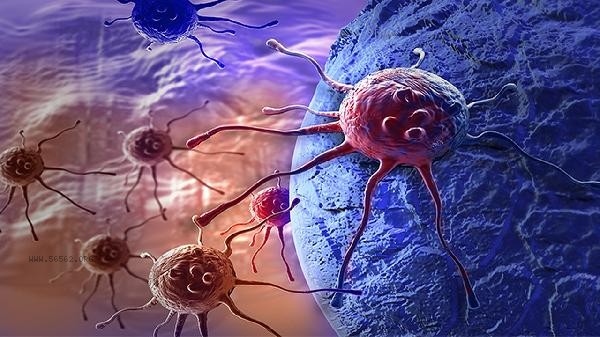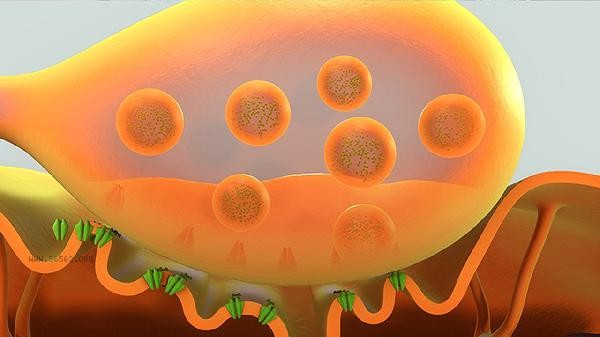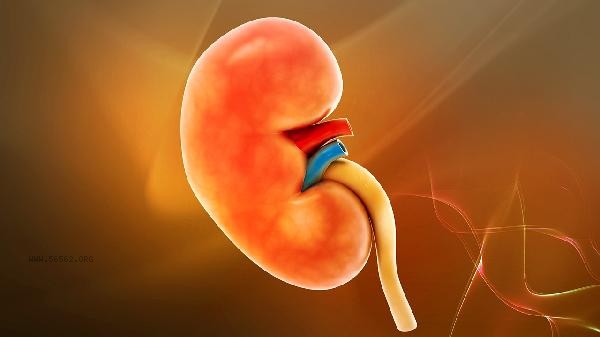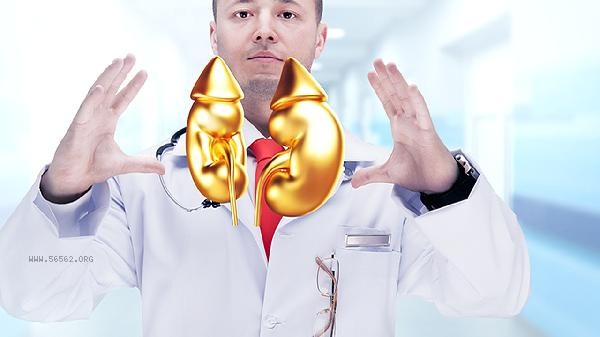Whether renal cell tumors can be cured depends on the type and stage of the tumor, the overall health status of the patient, and the choice of treatment plan. Early detection and active treatment can significantly improve the cure rate, while late stage tumors may aim to control the condition and prolong survival. The treatment methods include surgery, targeted therapy, immunotherapy, etc.

1. The etiology of renal cell tumors
The occurrence of renal cell tumors is related to multiple factors. In genetic factors, certain gene mutations such as VHL gene mutations may increase the risk of disease. environmental factors such as long-term exposure to chemicals, smoking, obesity, etc. are also considered as triggers. Among physiological factors, diseases such as chronic kidney disease and hypertension may increase the risk of tumors. The impact of trauma on renal cell tumors is relatively small, but long-term chronic injury may indirectly lead to abnormal cell proliferation. Among pathological factors, diseases such as renal cysts and kidney stones may develop into tumors.
2. Treatment methods for renal cell tumors

Surgery is the main means of treating renal cell tumors, especially early-stage tumors. Partial nephrectomy is suitable for patients with small tumors limited to the kidneys, while radical nephrectomy is suitable for patients with larger tumors or those that have spread. Targeted therapy works by inhibiting tumor growth and angiogenesis, with commonly used drugs including sunitinib and sorafenib. Immunotherapy attacks tumors by activating the patient's own immune system, and commonly used drugs include nivolumab, pembrolizumab, etc. For advanced patients, comprehensive treatments such as radiotherapy and chemotherapy may also be included in the treatment plan.
3. Prognosis and Life Management of Renal Cell Tumors
Early renal cell tumors have a better prognosis, with a 5-year survival rate of over 90%. The prognosis of advanced tumors is poor, but survival can still be prolonged through active treatment. Patients should pay attention to dietary regulation during treatment, increase intake of high protein and low-fat foods, and avoid high salt and high sugar diets. Moderate exercise such as walking and yoga can help improve the body's immunity. Regular follow-up and examination are important means of monitoring changes in the patient's condition, and patients need to follow medical advice for relevant examinations. The treatment of renal cell tumors requires personalized plans based on the specific situation of the patient. Early detection and active treatment are key to improving the cure rate. Patients should maintain an optimistic attitude, actively cooperate with treatment, and pay attention to lifestyle adjustments to improve prognosis and quality of life.









Comments (0)
Leave a Comment
No comments yet
Be the first to share your thoughts!